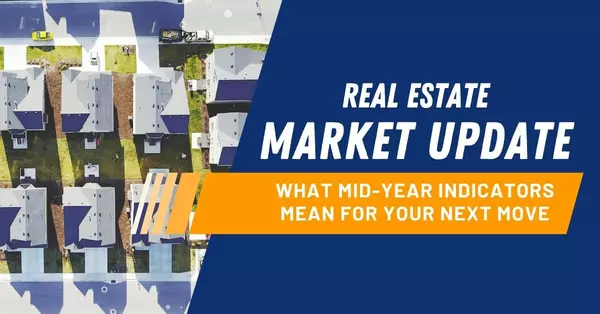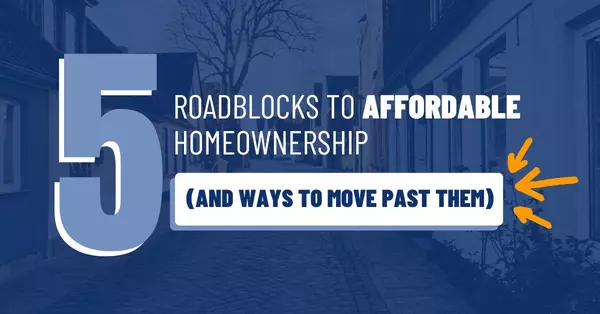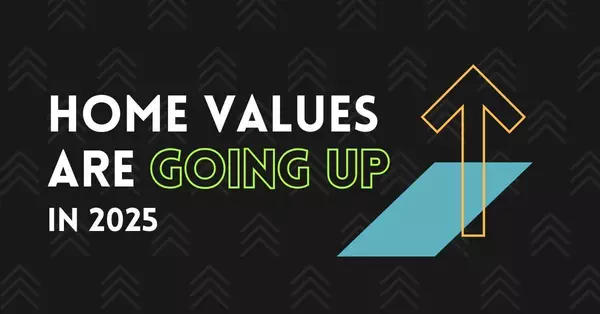7 Mistakes to Avoid When Hiring a Contractor

Embarking on home improvements can be both exciting and daunting. One of the most critical decisions you'll make is choosing the right contractor to bring your vision to life. However, many homeowners fall into common pitfalls during this process, leading to stress, financial strain, and subpar resu
Read MoreTop 4 Factors to Consider When Choosing Your Mortgage

Securing a mortgage can feel daunting––even to the most experienced borrowers. But don't let that deter you: If other homebuyers' experiences are any indication, odds are you'll eventually find a loan that works well for you.[1] The key to finding the right mortgage is to look for one that you’ll fe
Read MoreMid-Year Market Update for 2024: What Buyers and Sellers Need to Know

Last December, when the Federal Reserve projected a series of benchmark rate cuts in the coming year, some analysts speculated that mortgage rates—which had recently peaked near 8%—would fall closer to 6% by mid-2024.1,2,3 Unfortunately, persistent inflation has delayed the central bank’s timeline
Read MoreThe Ultimate Relocation Guide: From Finding a House to Feeling at Home

The Ultimate Relocation Guide: From Finding a House to Feeling at Home 07 May 2024 by Jo Schultheiss The peak moving season is upon us. In fact, according to Move.com, almost 70% of U.S. moves occur between May and September.1 And while the percentage of Americans who move each year has declined,
Read More
Categories
Recent Posts









